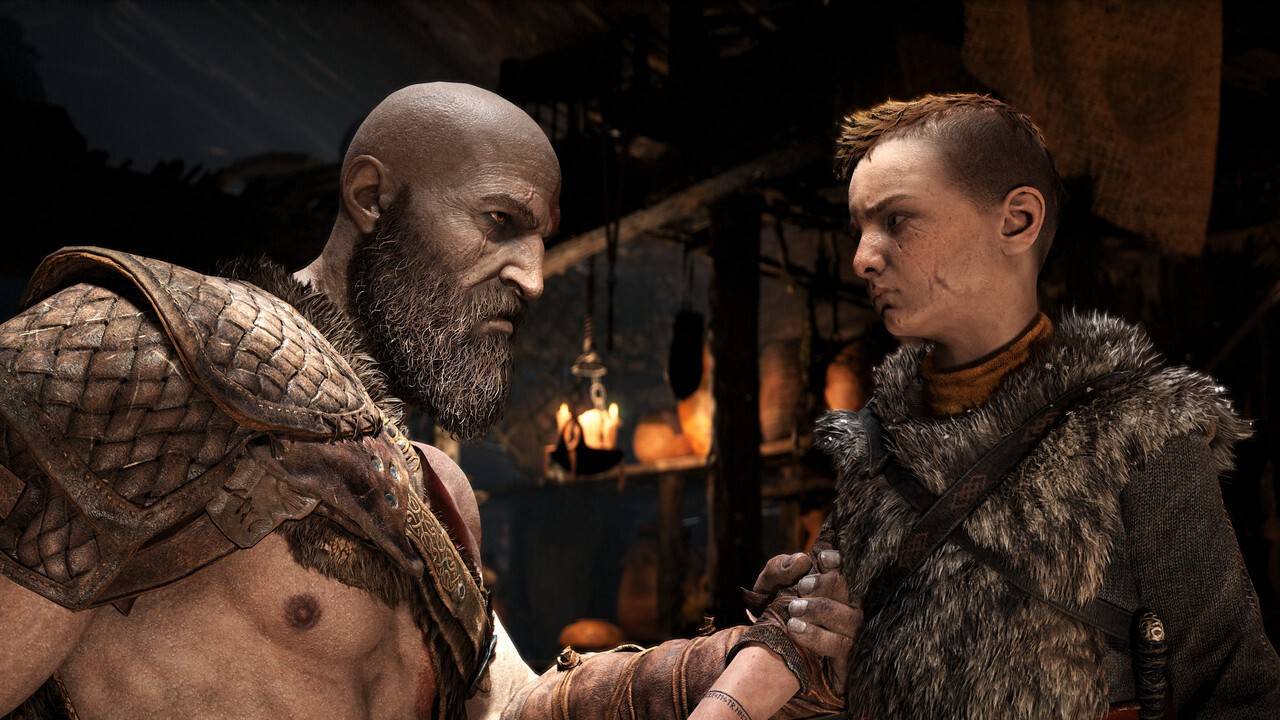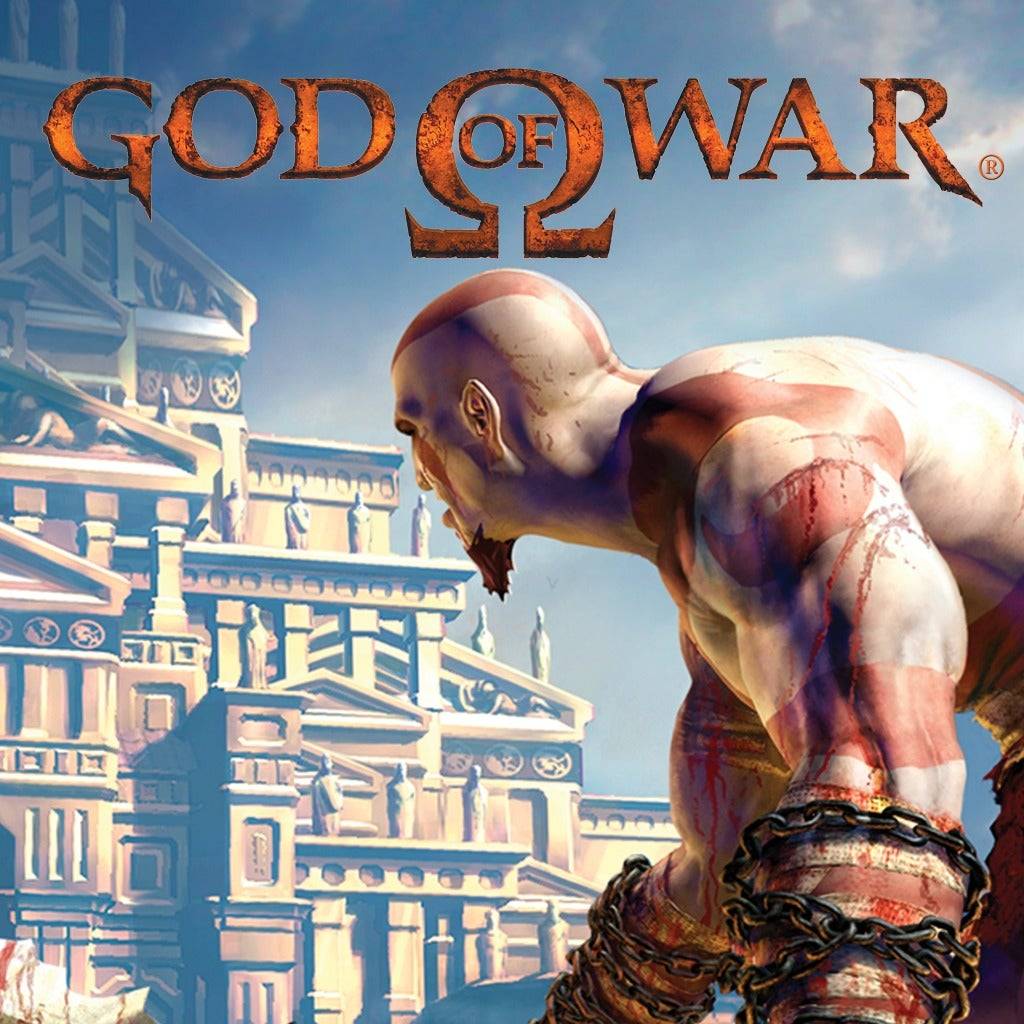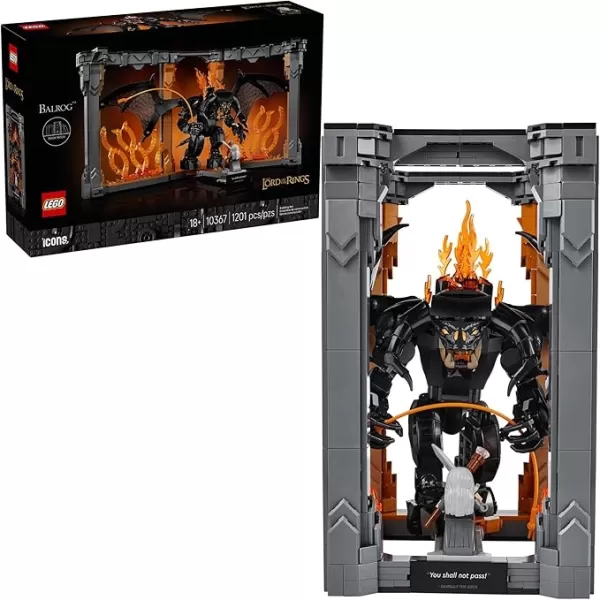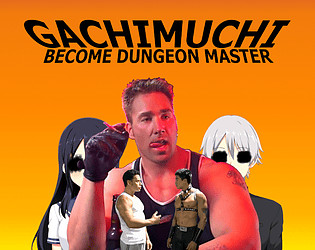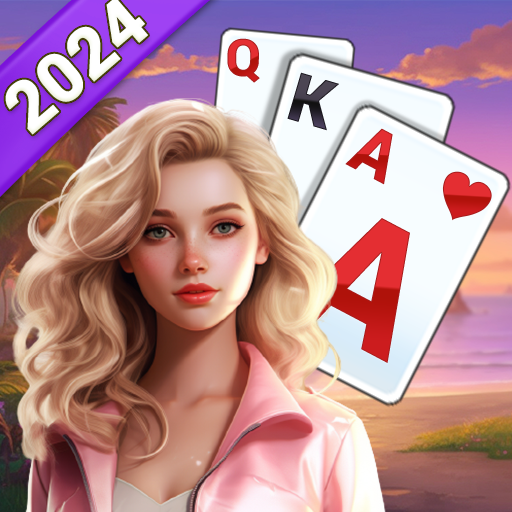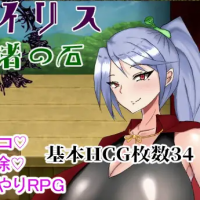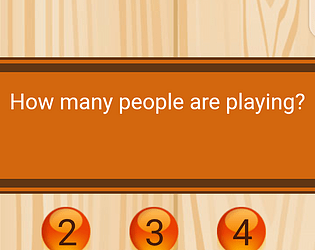Konami's highly anticipated game, Silent Hill f, has encountered a significant hurdle in Australia, where it has been refused classification (RC). This means that, at present, the game cannot be sold within the country. However, it's important to note that this RC rating was assigned by an automated tool rather than by members of the Australian Classification Board. Given past precedents, it's unlikely that this will be the final decision on the game's fate in Australia.
Konami does not handle its own distribution in Australia, and IGN has reached out to their third-party distribution partner for further comment on this matter.
The specific reasons behind Silent Hill f's RC rating have not yet been disclosed. Since the introduction of an adults-only category (R18+) for games in Australia in January 2013, games are typically refused classification only if they contain sexual activity with a person who appears to be under 18, visual depictions of sexual violence, or incentives and rewards tied to drug use. A previous Silent Hill game, Silent Hill: Homecoming, was initially refused classification in 2008 due to a high-impact torture scene. However, this was before the R18+ rating was introduced, which now allows for higher levels of violence. Silent Hill: Homecoming was eventually released in Australia with modified camera angles for the contentious scene, receiving an MA15+ rating.
It's worth noting that Silent Hill f's RC rating in Australia was assigned by an online tool managed by the International Age Rating Coalition (IARC), which is designed for mobile and digitally delivered games. The IARC tool uses an online questionnaire where applicants answer questions about the game's content, and it then automatically assigns ratings based on the classification standards of participating countries. In Australia, this tool is used exclusively for digitally distributed games and was adopted in 2014 due to the overwhelming number of games released annually on platforms like the iOS app store. There have been instances where the IARC's automated ratings have been higher than those assigned by the Australian Classification Board. For example, in 2019, games like Kingdom Come: Deliverance and We Happy Few were mistakenly reported as banned in Australia due to their IARC ratings.
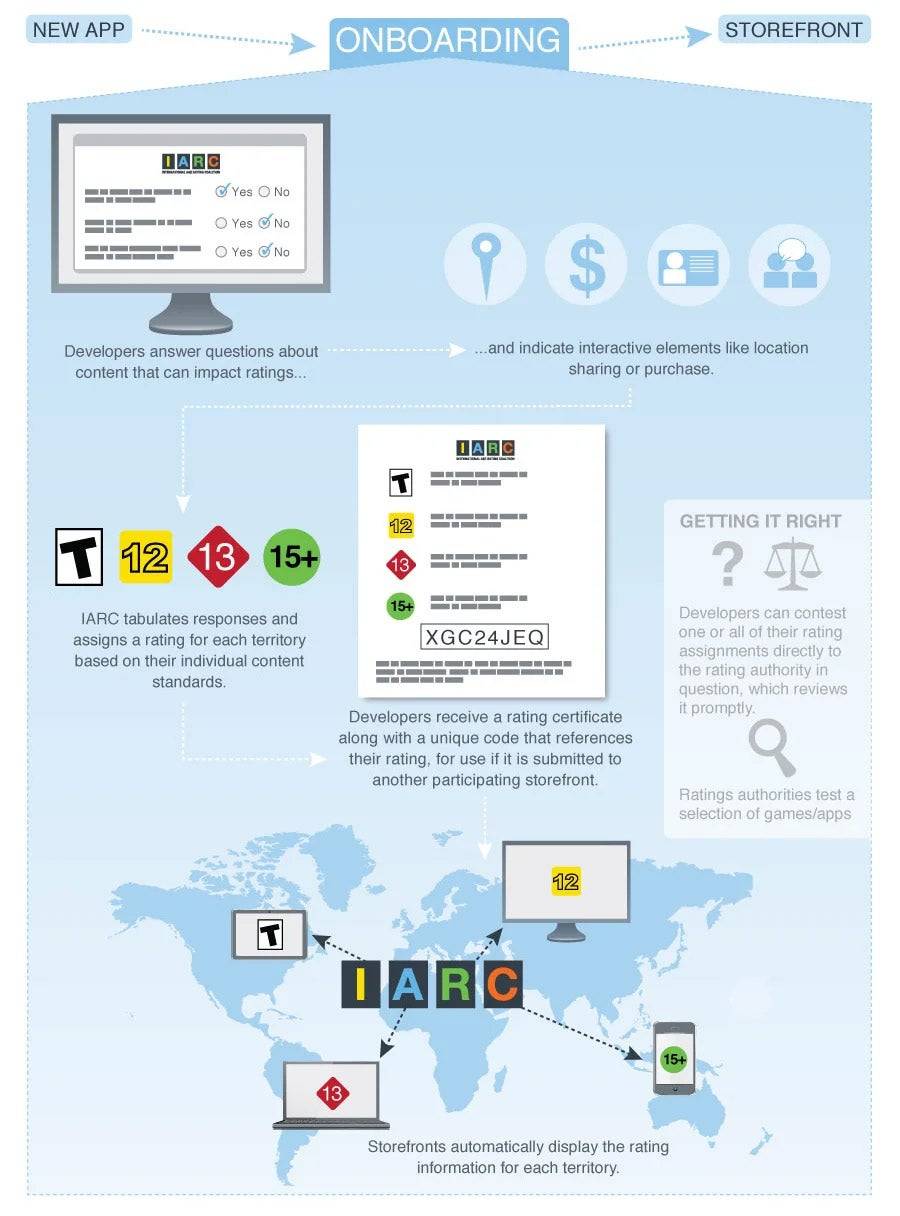
The IARC tool is free, which is particularly beneficial for small publishers and developers. However, all physical releases must still be rated by the Classification Board. If Silent Hill f plans to have a physical release in Australia, a submission to the Classification Board would be required regardless of the IARC rating. The Classification Board has the authority to override any IARC-assigned classification if it deems it necessary.
In Australia, game publishers can employ staff as accredited classifiers or authorized assessors. Accredited classifiers are trained by the Classification Board and can make official classification decisions. Authorized assessors, on the other hand, can only make recommendations to the Classification Board, which then makes the final decision.
At this point, it's premature to determine whether Silent Hill f's RC rating in Australia will be upheld following further review. Interestingly, Silent Hill f has already received an 18+ rating certification in Japan, marking it as the first Silent Hill game to achieve this rating in that country.

